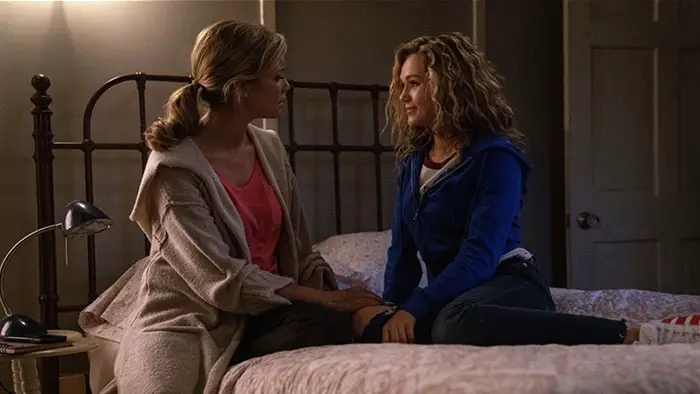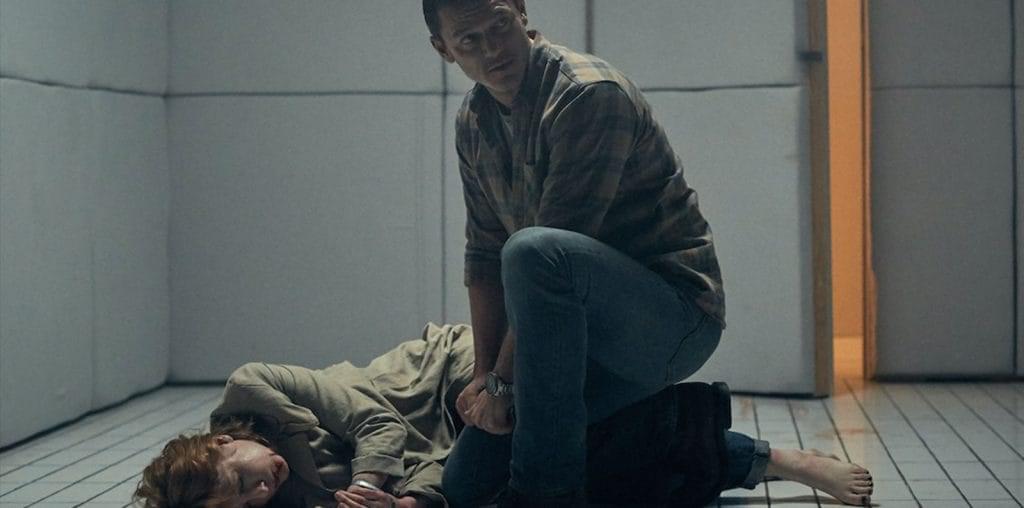
Now, they have to use it for the next season [knock on wood]. Let’s last talk about getting into the business today. What advice would you give to someone who wants to get into film composing? Particularly, someone who studied and practiced their art, and is now ready for their first project?
There are a lot of things. There’s always improving your craft, not just your musicianship. Work on your technology chops. Today, you have to be great at a lot of things. The old days are gone of the phenomenal composer sitting at a piano romantically composing. You have to be great at technology with the craft of composition itself.
Also, advice for both composers and filmmakers—there’s a gap that exists between the composer’s understanding of filmmaking and the filmmaker understanding the power and impact of scores.
There are a lot of composers that are very talented musicians, but they fall in love with this false idea about film composition rather than being in love with films and movie, to begin with. It’s a very different kind of process. It has nothing to do with the music that is personal to us. Rather, it’s about doing what’s best for the film.
For filmmakers, the more you understand what can come with music and the impact of music, the better that communication can be with your composer and the better the final result for your film.

“…there’s a gap that exists between the composer’s understanding of filmmaking and the filmmaker understanding the power and impact of scores.”
What kind of conversation would you want to have with a filmmaker new or seasoned?
It’s about understanding the emotion they want the music to bring. I talk to the director about adjectives a lot. How do I want audiences to feel…this way or that way? Hopefully, the composer is good at deciphering that into music. It’s talking to them about how we can accomplish this and giving them as many different options as possible, so they can see how we can mold a scene. You have a blank canvas, and the possibilities are limitless.
With new filmmakers, it’s also about discovering what the music can do for their story. Sometimes they may not know. They’ll have a temp track in place, which can be helpful sometimes. Sometimes it’s awful because they get that temp music stuck in their head, and they don’t want to hear anything else.
I love being involved as early in development as possible. Yes, technically, it can be a bit more work for the composer because you’re probably going to end up rewriting a few times until you figure it out. It becomes a custom mold thing. Some of the best music that I’m proud to have written were for films that either didn’t have a temp track or that I just refused to hear the temp at all. It’s crucial to be able to have that blank slate with the filmmaker to welcome creativity and fresh ideas. It can feel like throwing darts in the dark at the beginning, and then it’s “cool, I like that,” and “this works here.” That open mind to play from both the composer and filmmaker can be fun…like solving a puzzle.
Let’s end on the reason you’re here. What would you tell people, particularly as the composer, is the reason to see Stargirl on the CW?
That’s a good question. For one thing, it’s going to take your mind off a lot of what’s happening now. It’s just an entertaining show to watch. It tells a beautiful story about friendship and family. It brought me joy working on it. Anybody who’s a fan of this genre, they’re going to love it. It’s an incredibly cinematic show. Surprising. Heartwarming. Funny. Exhilarating. It’s impressive. Rather than keep going on, it’s coming out at a great time, and I think people need to see a show like this right now.

